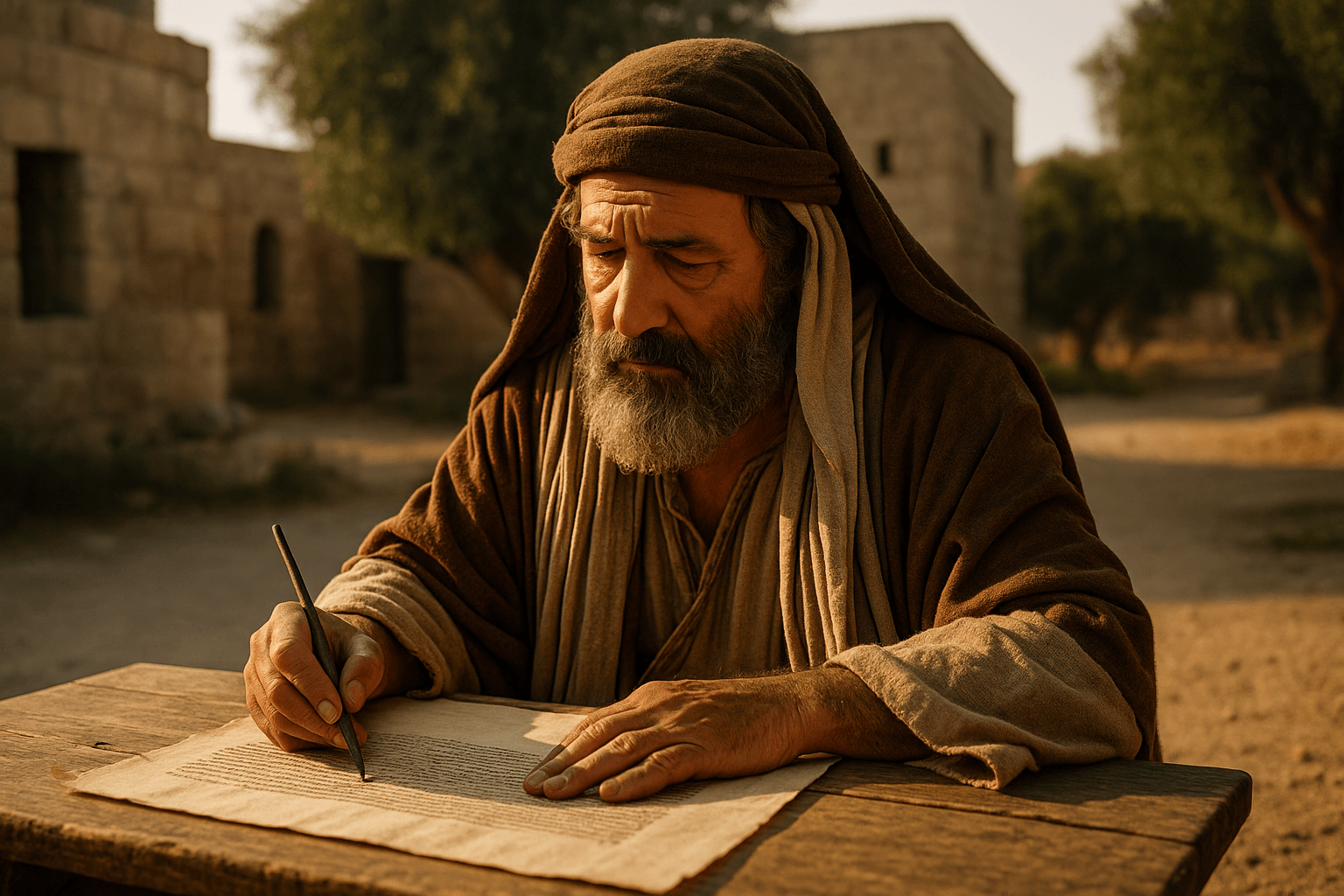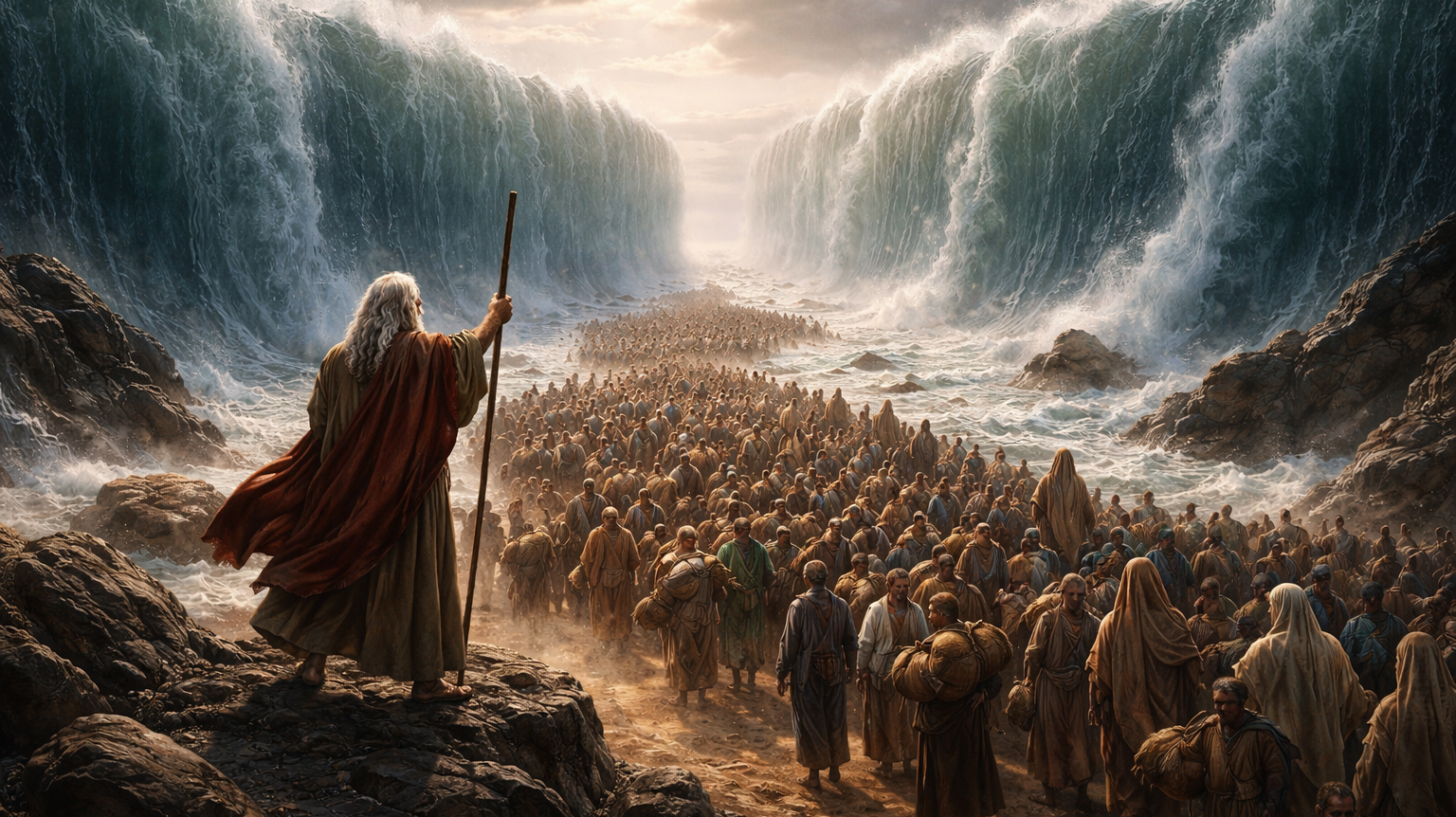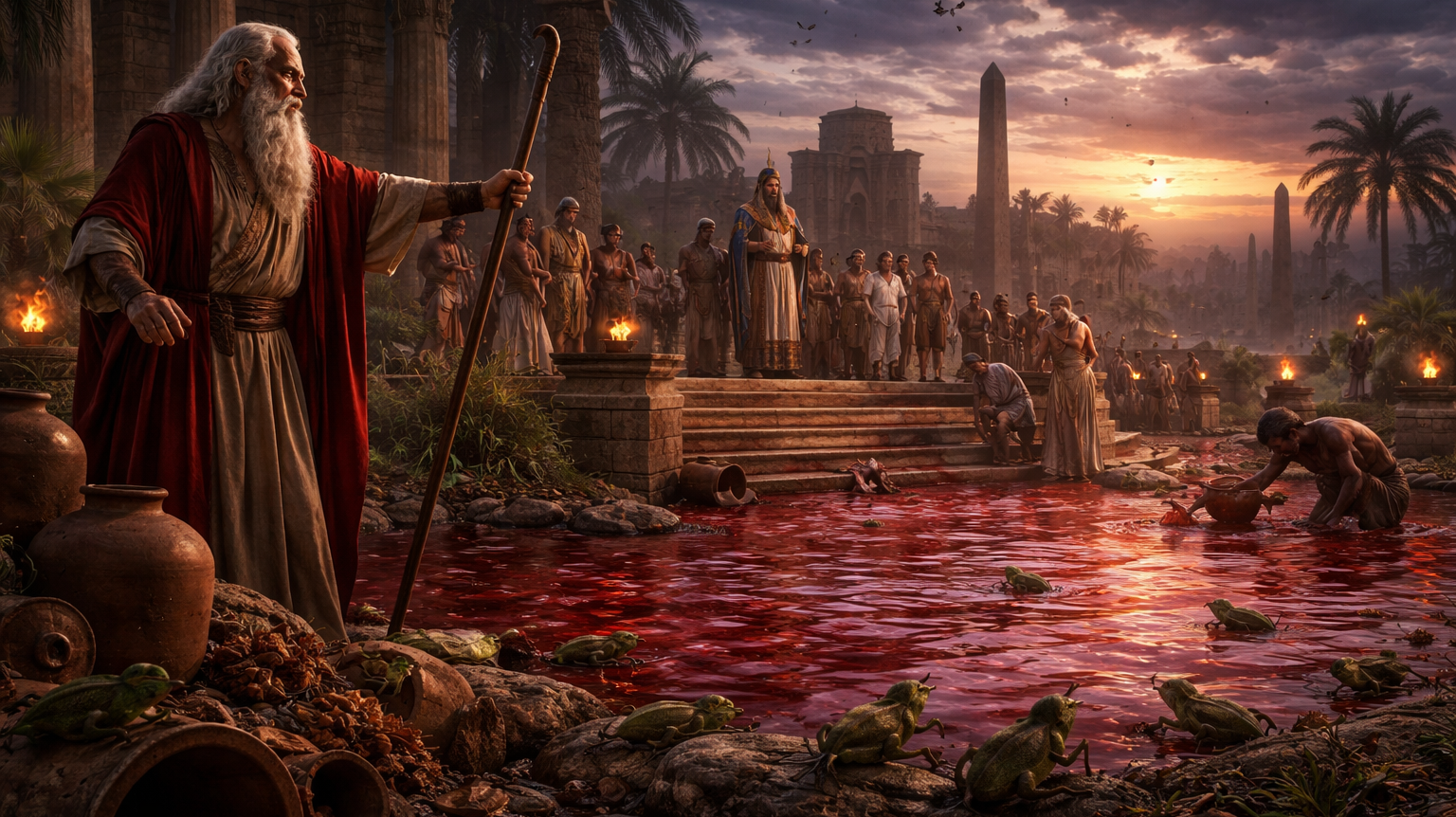The Book of Habakkuk is one of the twelve Minor Prophets in the Old Testament. Though short, it contains powerful messages about faith, justice, and God’s sovereignty. Written during a time of national turmoil, Habakkuk’s words still speak to believers today. Here are ten interesting facts about this unique book.
1. Habakkuk Was Both a Prophet and a Poet
Habakkuk’s writing combines prophecy with poetic imagery. His words are filled with vivid language, rhythm, and emotion, making his style stand out among the Minor Prophets.
The LORD is in his holy temple; let all the earth be silent before him. — Habakkuk 2:20
God came from Teman, the Holy One from Mount Paran. His glory covered the heavens and his praise filled the earth. — Habakkuk 3:3
2. He Questioned God Openly
Habakkuk begins his book by voicing frustration and confusion over God’s seeming silence in the face of injustice. This honesty shows that God welcomes sincere questions.
How long, LORD, must I call for help, but you do not listen? Or cry out to you, 'Violence!' but you do not save? — Habakkuk 1:2
Why then do you tolerate the treacherous? Why are you silent while the wicked swallow up those more righteous than themselves? — Habakkuk 1:13
3. Written During a Time of Political Chaos
Scholars believe Habakkuk lived in the late 7th century B.C., when Judah faced threats from Babylon and was spiritually corrupt. The backdrop of his prophecy reflects national fear and unrest.
Look at the nations and watch—and be utterly amazed. For I am going to do something in your days that you would not believe, even if you were told. — Habakkuk 1:5
I am raising up the Babylonians, that ruthless and impetuous people, who sweep across the whole earth to seize dwellings not their own. — Habakkuk 1:6
4. The Central Theme Is Faith in God’s Plan
The heart of Habakkuk’s message is trusting God’s plan even when it doesn’t make sense. This truth carries into the New Testament, emphasizing living by faith.
The righteous person will live by his faithfulness. — Habakkuk 2:4
Now faith is confidence in what we hope for and assurance about what we do not see. — Hebrews 11:1
5. God Answers Habakkuk’s Complaints
Unlike some prophets who only speak for God, Habakkuk records a conversation where God responds to his concerns, showing that God listens to His people.
Then the LORD replied: "Write down the revelation and make it plain on tablets so that a herald may run with it." — Habakkuk 2:2
For the revelation awaits an appointed time; it speaks of the end and will not prove false. Though it linger, wait for it; it will certainly come and will not delay. — Habakkuk 2:3
6. A Song of Praise Ends the Book
Though the book begins in distress, it closes with joy and trust in God, showing a spiritual journey from doubt to faith.
Yet I will rejoice in the LORD, I will be joyful in God my Savior. — Habakkuk 3:18
The Sovereign LORD is my strength; he makes my feet like the feet of a deer, he enables me to tread on the heights. — Habakkuk 3:19
7. Habakkuk’s Message Influenced the New Testament
The Apostle Paul and the writer of Hebrews quoted Habakkuk’s words to emphasize that righteousness comes through faith, not works.
The righteous person will live by his faithfulness. — Habakkuk 2:4
For in the gospel the righteousness of God is revealed—a righteousness that is by faith from first to last, just as it is written: "The righteous will live by faith." — Romans 1:17
8. It Is One of the Few Books Written as a Dialogue
Most prophetic books are messages from God to the people, but Habakkuk reads like a conversation between God and the prophet, making it deeply personal.
I will stand at my watch and station myself on the ramparts; I will look to see what he will say to me, and what answer I am to give to this complaint. — Habakkuk 2:1
9. Habakkuk Uses Strong Nature Imagery
The prophet describes God’s presence using images from nature—earthquakes, floods, and mountains trembling—highlighting His power over creation.
The mountains saw you and writhed. Torrents of water swept by; the deep roared and lifted its waves on high. — Habakkuk 3:10
Sun and moon stood still in the heavens at the glint of your flying arrows, at the lightning of your flashing spear. — Habakkuk 3:11
10. The Name “Habakkuk” Means “Embrace”
His name likely comes from the Hebrew word meaning “embrace” or “embracer,” fitting for a prophet who clung to God’s promises in troubled times.
Though the fig tree does not bud and there are no grapes on the vines, though the olive crop fails and the fields produce no food, yet I will rejoice in the LORD. — Habakkuk 3:17-18
























